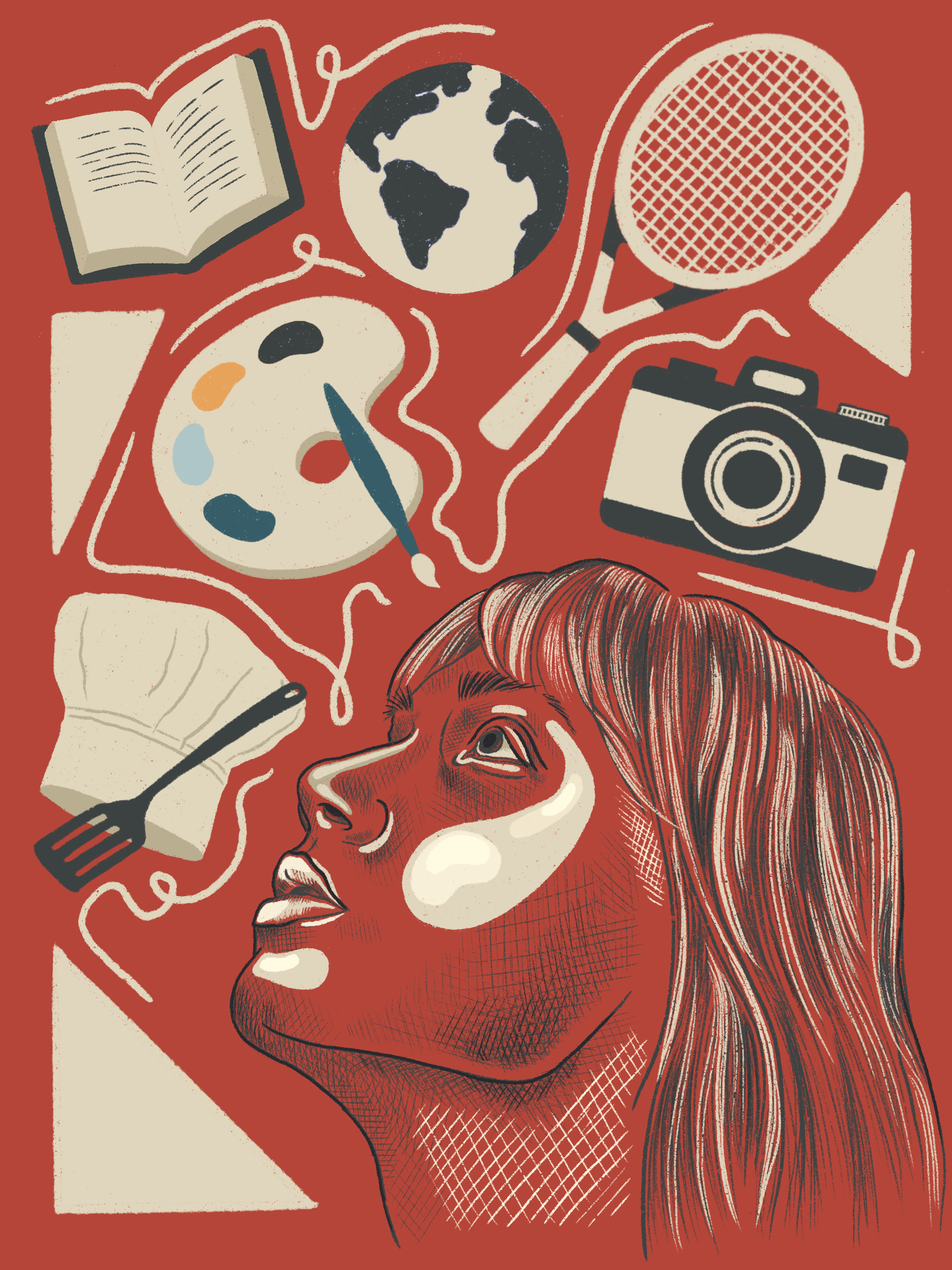Written by Eilidh McDade Ives (She/her)
I remember being young and being praised for my ability to write short stories. I remember how a few of my classmates and I were assigned short research projects at a higher level than the rest of our school year. And importantly, I remember how extraordinarily special this made me feel – how big and important it all seemed. How this sense of achievement spurred me on – and how as you get older that praise is given to you less and less, until it barely exists at all, and without it I seemed to question my every move.
‘Am I even good at writing? Can I call this my passion if there are others that are far better at it than I am?’
It was the first time I realised that others had expectations of me, and more importantly, that I had very high expectations for myself – expectations that I have never quite managed to reach. I believe this is the very first instance of pressure that we all feel – the first realisation that there is such weight tied to being good at things.
There is a sense that we have to discover ourselves quickly, at a very young age. That we have to scramble to figure out who we are and what our purpose could be. We seem to put limits on ourselves during this process; we define ourselves by what we think our capabilities are. I have found myself on numerous occasions making claims such as: ‘I couldn’t surf, I’m not the strongest swimmer.’
‘I can’t play badminton, I have no hand-eye coordination.’ ‘I couldn’t write music, I don’t know how to.’ I feel as though we often forget that everyone must start somewhere. The pressure to stick to one fixed passion, or having one that isn’t perceived as ‘interesting’, ‘successful’, or ‘conventional’, has also left me feeling hollow at times. Humans are notoriously fickle creatures – we progress, regress and change all the time. This desire for change is part of our nature, and I believe our adaptability is one of our strongest qualities. Having one passion that lasts the length of our lifetime, with no desire to expand and try different things, is not realistic. It’s okay to experiment with our likes and dislikes, to decide that the things we have been working towards no longer fit with who we are. It’s perfectly acceptable to fall out of love with the things we were once impassioned by. We are allowed to start again, and I believe we widen our worldview through doing so.
However, the pressure to perform well in whatever hobby or career path we choose can often prevent us from starting something new. There is a preconceived idea that we must be naturally gifted from the start, and that if talent does not come with ease, then it is not ‘for us’. It’s almost safer for us to quickly throw in the towel, to assume we are inadequate from the beginning, than to simply enjoy the process of learning and progressing. This raises an important question to consider – why do we feel we have to be good at something to enjoy it? Why do we feel like impostors when we perform badly at something we love? I believe it is a product of the capitalist system that we operate in. It embeds the idea that if a skill cannot be exchanged for financial or social currency, it serves no real purpose. Unravelling these teachings and freeing ourselves from the confines of ‘success’ is key to simply enjoying things. With no higher aim, no need for progression, just creating for the feeling. To paint badly, to write terrible music, to run slowly, and cook bad food – I believe these are indicators of real passion. No external forces play a role in this kind of creation.
Overall, I believe we all need to learn how to slow down; give ourselves more space to delve into new things, allow ourselves to stretch and breathe and discover who we are on our own terms – with no interference from external pressures or expectations. Discovering yourself is a life-long journey, and we mustn’t confine ourselves so quickly to one fixed path. Instead, we can allow ourselves to be fickle and impulsive, to take pleasure in creating bad art, and to stop buying into our own self-inflicted limits and doubts of our abilities.

